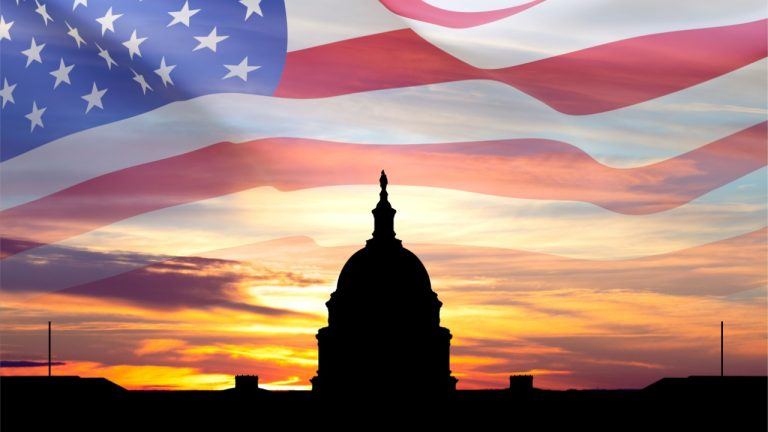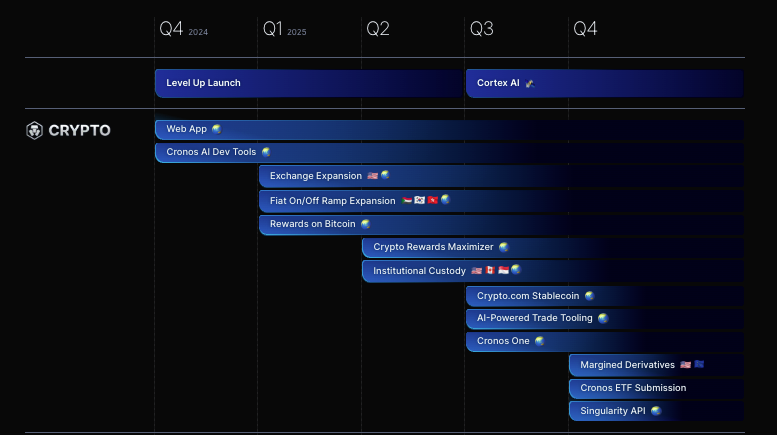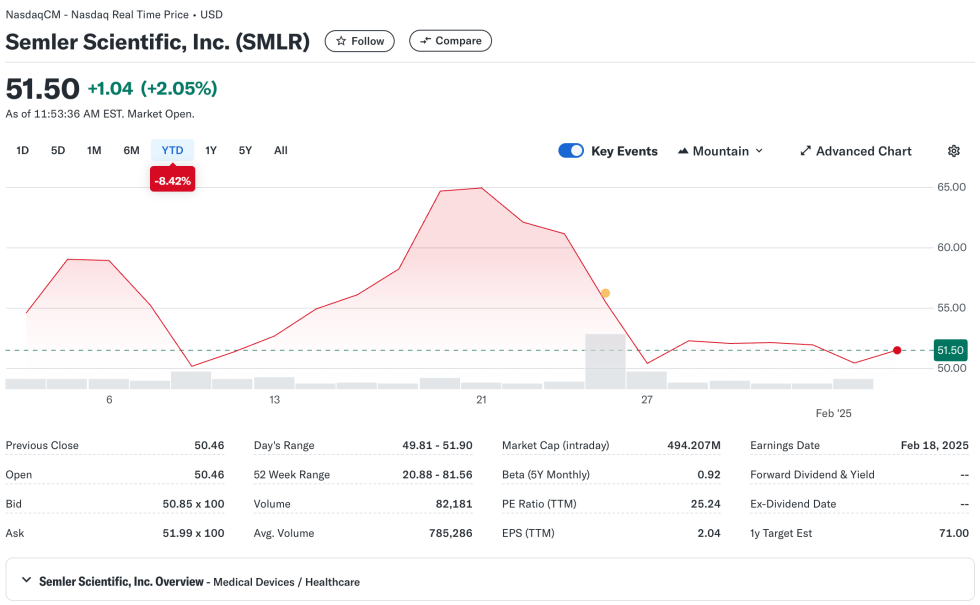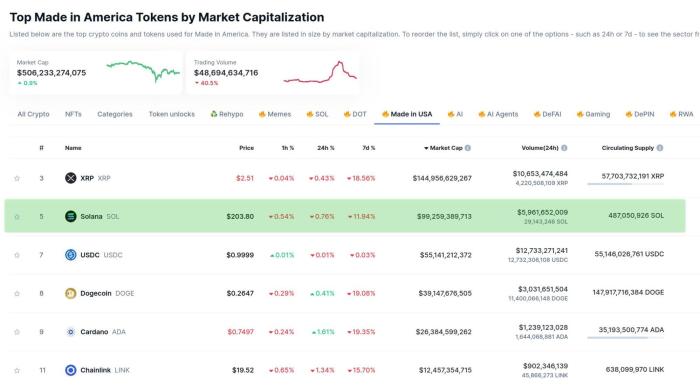An economy is always political
A governments exclusive right to issue a currency is in order to maintain economic, social, and political stability. They have no interest in parallel currencies floating around that may threaten this control. Especially currencies which are not bound to national frameworks and governance.
Some countries may not be overly worried about cryptocurrencies, such as EL Salvador, which has been using the US dollar since the collapse of it’s own currency in 2001 (hence they have had less control over their economy and adopting crypto may give them more control again or at least a separation from control from the US). But there may be reasons why other countries and especially China is particularly concerned.
Reasons why China is particularly threatened by cryptocurrencies
The People’s Bank of China has become the first major central bank to issue a central bank digital currency, the digital Renminbi RMB also known as the e-CNY or Digital Currency Electronic Payment DCEP and is undergoing public testing as of April 2021. China believes that by internationalising the yuan it can reduce its dependence on the dollar-dominated global banking system.
Private cryptocurrency has been criticised for its potential to enable untraceable illegal transactions. In contrast, China’s DCEP leaves a complete account of cash transactions in the hands of the state.
Most cryptocurrencies are still exceedingly volatile in nature, which is considered a threat to the financial system; speculation as gambling etc
There’s also speculation about crypto mining’s environmental impact and electricity usage, which doesn’t square with the China’s desire to be seen as a leader in green energy; pledging that the country will be carbon-neutral by 2060.
So what of US Federal Reserve, European Central Bank, Bank of England?
Governments at the highest levels (G20) commissioned an organisation called Financial Action Task Force (FATF) to come up with international regulations for cryptocurrencies or as they call them virtual assets (VA) and virtual asset service providers (VASP) - “to prevent money laundering, terrorist financing and the financing of the proliferation of weapons of mass destruction.” They are using international law that supersede national legislation and will force every country in the world to comply - countries that refuse will be targeted with financial and political restrictions. Stated aims include:
Peer-to-Peer transactions: requiring increased monitoring and restriction
Stablecoins: considered a major risk because they think they are more likely to reach mass adoption.
Unhosted Wallets: or private wallets (not online) requiring enhanced scrutiny and limitations.
KYC rules: client Information such as the customer’s name and further identifiers such as physical address, date of birth, and national identity number or passport number.
Travel Rule: applying traditional bank wire transfer requirements on crypto currency transactions; this is called the travel rule.
Decentralized Exchanges: in their opinion the concept of a DEX doesn’t exist, hence those running the exchange can be held liable for implementing regulations.
Freezing of Assets: Cryptos can be frozen when the holder is suspect of a crime, or as part of other investigations related to terrorist financing or otherwise unspecified ‘financial sanctions’. Most troubling this may happen regardless of the property laws of national legal frameworks, and it will not be necessary that a person be convicted of a crime.
Their main goal is to keep crypto activity restricted to licensed and regulated service providers. A long list of ordinary crypto activities are now labeled a “risk.” Engaging in them will result in increased scrutiny and possible difficulties accessing the wider financial system.
In other words their goal is not to ‘ban’ cryptocurrencies but to centralise them - by monitoring and imposing strict restrictions and limitations on who can ‘legally’ use them and how and where they can be used. In this way they will hope to maintain control over the economy.
For more details regarding FATF https://www.fatf-gafi.org/publications/fatfrecommendations/documents/second-12-month-review-virtual-assets-vasps.html
[link] [comments]

You can get bonuses upto $100 FREE BONUS when you:
💰 Install these recommended apps:
💲 SocialGood - 100% Crypto Back on Everyday Shopping
💲 xPortal - The DeFi For The Next Billion
💲 CryptoTab Browser - Lightweight, fast, and ready to mine!
💰 Register on these recommended exchanges:
🟡 Binance🟡 Bitfinex🟡 Bitmart🟡 Bittrex🟡 Bitget
🟡 CoinEx🟡 Crypto.com🟡 Gate.io🟡 Huobi🟡 Kucoin.




















Comments